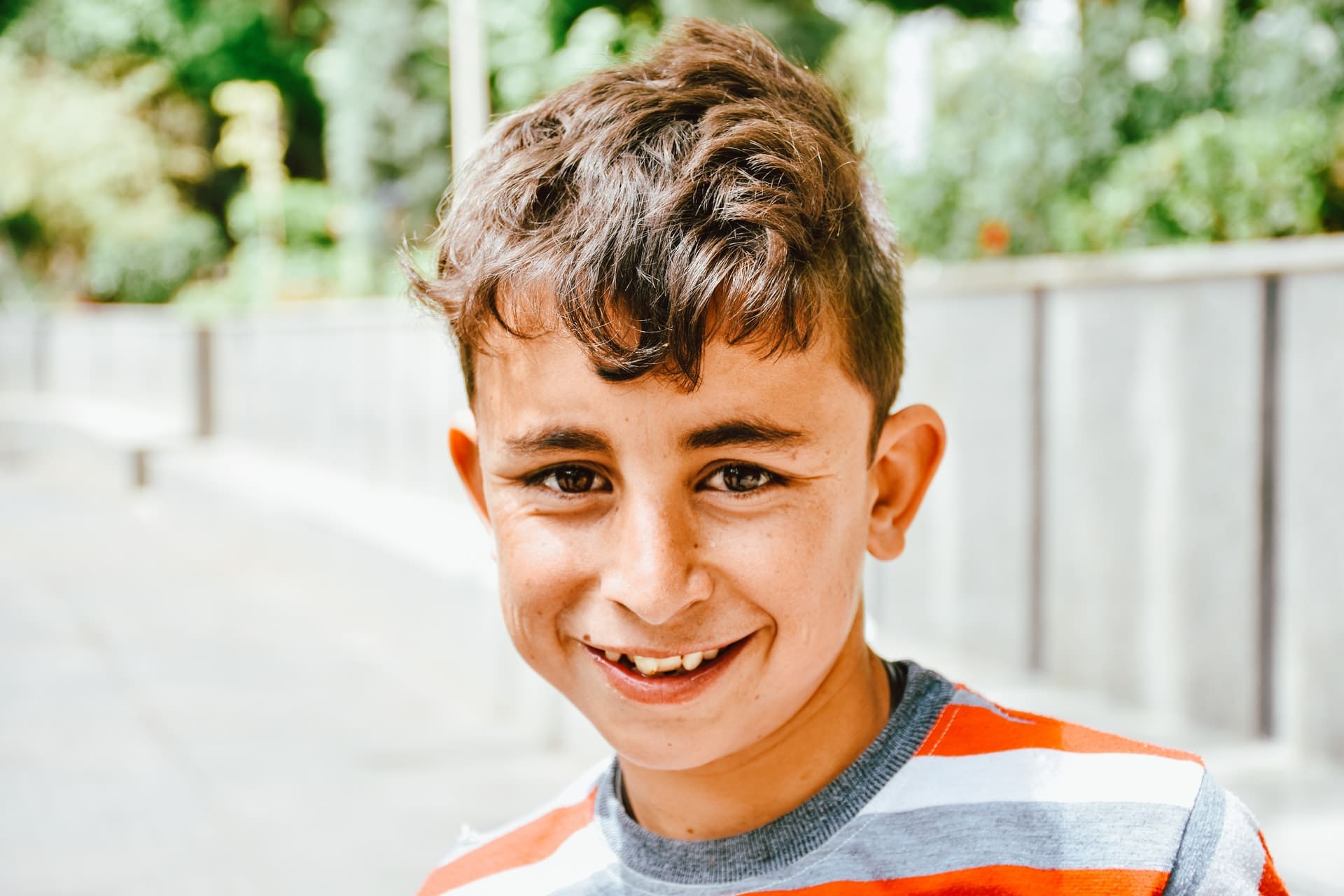It takes folks an average of 6-9 months to become licensed for foster care and there are outliers who may take even more time. Why so long?
Well, there are a number of factors. Every foster care applicant has to complete MAPP class, which is 10 weeks long (one three hour session per week for ten weeks). If you can’t attend the soonest MAPP class, it likely won’t be offered again for a few months after it completes, so you might wait a long time. For some folks, they are undergoing a life-change that necessitates that the process slow down, like renovating their home or waiting until a young adult moves out of the home so they can have space for a child placed through foster care. For many, it is the dread of paperwork and anxiety about completing it that ultimately slows them down.
Did you know that some folks are licensed in as few as three and a half months? Yep, it's true.
How do they do it? What makes their process so different? Here are five tips for streamlining your licensing process to make it efficient and effective.
- Prioritize MAPP Class: MAPP is ten weeks long. That’s a lot, we know. However, it is only three hours a week. Find a way to make it work. You cannot be licensed without MAPP. Find a babysitter to watch the kiddos while you focus on class. Get coverage for your volunteer gig during those weeks of MAPP. Do anything you can to get into the class. If you know you will have to miss one or two, speak with your Homefinder ahead of time and make a plan; don’t just skip the whole course because of one or two sessions. We (your Homefinders) can help you!
- Timelines and Deadlines: Work with your Homefinder (at JRI Foster Care, that is Jared or Courtney) and create a Licensing Timeline. This is informal, but will give you a path to follow. For example, Week 1 might be “Contact all references.” Week 2 might be “Upload Car Registration and Insurance.” You will see what can be done each week and see what the finish line will be if you complete things. Deadlines help you remember what is due, just like a classroom syllabus tells students what is due. The Timeline helps you see what you will achieve by meeting those deadlines.
- Interviews: Homefinders have to conduct interviews in the home with all household members. The caregiver(s) in the home will be the focus of most of the interviews, but everyone will participate to some extent. Schedule those interviews and talk with all of your household members about dates that will work for them. Your Homefinder is balancing visiting a lot of people, so get on their schedule! Don’t wait until MAPP is over to begin your interviews. Plus, your Homefinder has to write your Homestudy (also called a License Study), which is generally 20 pages long! This takes time and has to be approved by supervisors, so the longer you wait for interviews, the longer it will take them to write.
- Medical References and Visits: You must provide medical references on behalf of all household members, and each person must have seen their doctor for a physical in the last year. If someone hasn’t had a visit in over a year, they will have to schedule that and then their doctor can fill out the form. We suggest getting Medical References done/appointments scheduled as soon as possible, as this can be one of the issues that delays a home being licensed. If your doctor cannot see you for six months, that’s going to slow you down, so plan ahead. Pro Tip: Explain you are applying to be a foster/adoptive parent. Doctors will often squeeze you in or put you on a cancellation list when they understand why the visit is important!
- Communication: If you are struggling with the licensing process, don’t understand something, or feel overwhelmed, talk with your Homefinder. We are here to support you. You’re likely not the first person who has experienced that and we might have a creative solution! We can send text reminders to you, do a weekly Zoom call or Facetime chat as a check in, or just confirm when we’ve received a document. Let us know how we can be of service. We want you to succeed!
Hopefully this helps you visualize how to streamline your foster care licensing process! JRI Foster Care’s next MAPP Class begins on September 6, 2022. It isn’t too late to apply and join this class, so if foster care has been on your mind, this is your sign! Attached, please find a sample of an Efficient Licensing Timeline.
If you are ready to jump in and begin your foster care journey, contact us today!














